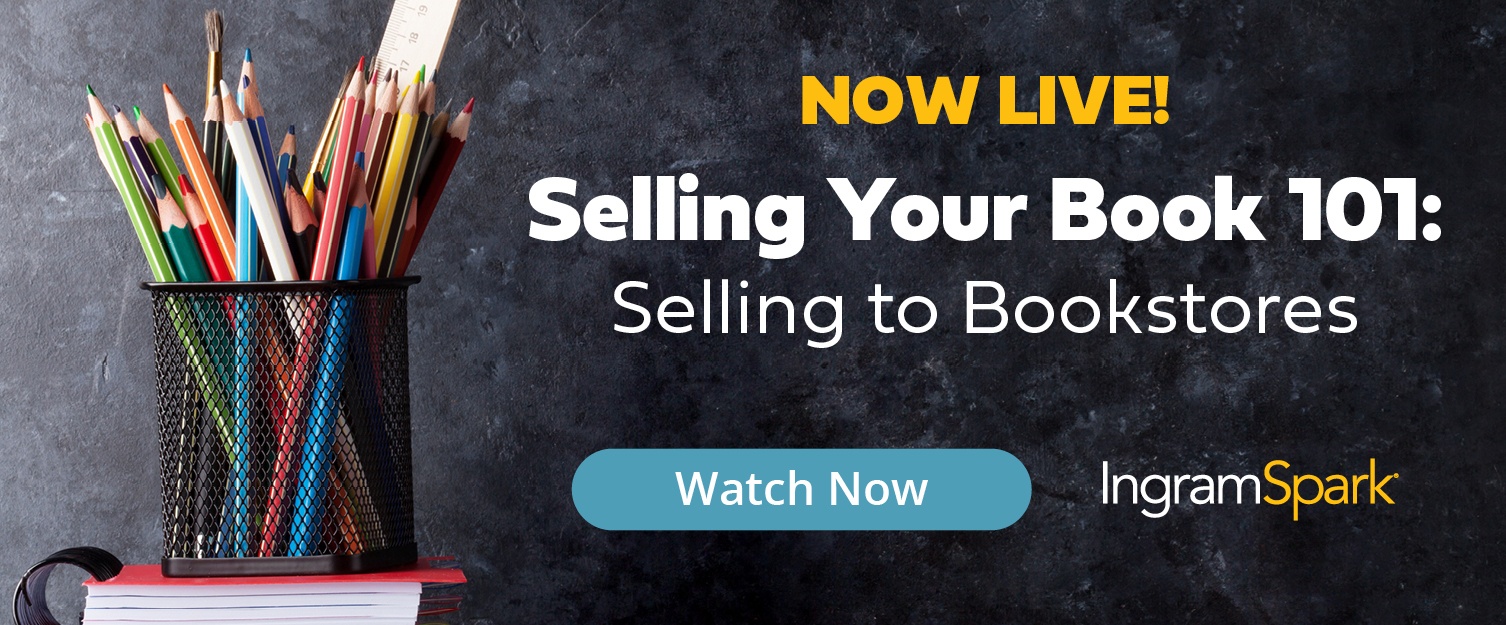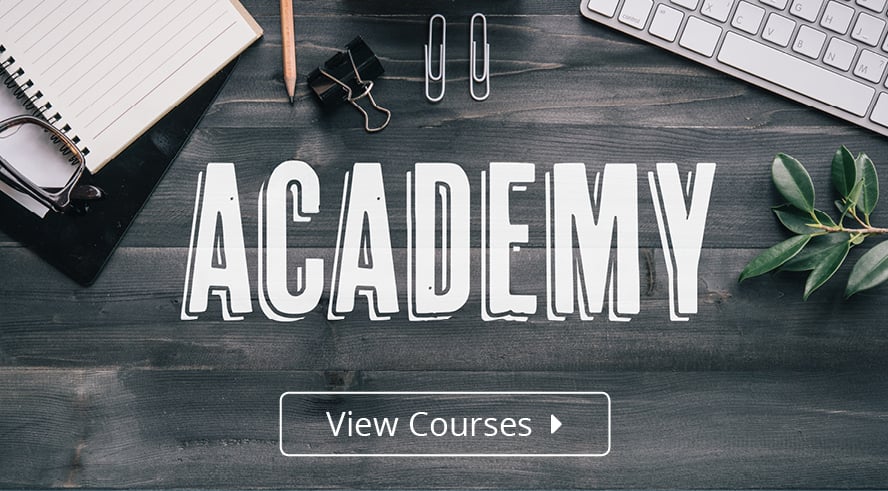You've written a great book, set up your printing and distribution, made it available online, and—good news—it's selling! Now you want to sell it to brick-and-mortar stores but aren't sure how to get it on their shelves. You might also be wondering about the difference between independent vs chain bookstores. Is there a difference in how you should approach them? Here's what you need to know.
The Bookstore Experience
When approaching independent vs chain bookstores, consider the bookstore experience each one offers. Independent bookstores reflect the individual personalities of their specific local communities. They connect with readers on a personal level, which is how you should present your book. Indie bookstore owners have more latitude in choosing which books they want to sell and tend to rely on their personal gut instinct when it comes to buying books for their shelves, so approach them on an individualistic level.
Bookstore chains, like Barnes & Noble, want each of their stores to offer a consistent experience regardless of their exact location. They operate on a corporate level and are all about global branding. Consider how commercial your book and its branding are when you approach chain stores and appeal to them from that perspective.
What the Bookstore Expects
When it comes to bookstore expectations, independent vs chain bookstores are not that different. Both expect your book to be returnable and to have a trade discount. If readers are not allowed to return your book, stores aren't likely to take the risk of putting it on their shelves. You must also offer a trade discount to the store. Retail bookstores typically buy books from wholesalers and publishers at a 40 percent discount—at least. If Target can't get a discount on your title, they're going to pass on your offer and purchase books that offer the kind of trade discount that delivers a profit. It's not about your book's contents at that point; it's about business. Offer the discount!
Both indie and chain bookstores also expect your book to attract readers to their stores. Be prepared to articulate why readers in that store's community would want your book. Explain how you've been marketing your book thus far, and what your future marketing plans look like. Your marketing should get readers excited about your book and be tailored to bring traffic to both indie bookstores and chains, respectively. It won't be enough for either an indie or a chain bookstore to have your book in their store; it has to sell.
Making Your Book Available to Indie vs. Chain Bookstores
An indie bookstore may occasionally order books from indie authors and publishers directly, but they usually work with book distributors for all their titles. Bookstore chains do not normally order from indie authors or independent publishers directly. They are large operations and if they can't purchase your book the way they purchase all their books, including self-published books and those published traditionally, they'll be less inclined to work with you. Book distributors are convenient, reliable, and professional and, specifically in Ingram's case, have a proven track record. Selling your book to stores through a distributor lends you the credibility stores look for in order to take you seriously.
Promoting Your Book to Bookstores
Whether promoting your book to an indie seller or a chain bookstore, know your audience. Pay attention to the type of author events the specific store hosts and pitch a similar event to promote your book. Do some research to find out how each store uses social media to promote books and drive traffic to their store. Do they have a large Instagram following? How heavy is their Facebook presence? Learn how they engage with the community and pitch the same marketing models they already use and love. You also want to stand out in some way, so try pitching a unique way for them to tap into a new segment of the community or a new way to engage with those they're already connected to.
You need different sales pitches for independent vs chain bookstores because their needs are different. Consider the individualistic nature of the indie store compared to the global reach of the chain store. Bear in mind, however, that both the bookshop on the corner and corporations like Barnes & Noble will expect you to allow returns, offer trade discounts, and work with a reliable book distributor who has a history of longevity. To learn more about selling your book to indie vs chain bookstores, listen to episode 9 of IngramSpark's self-publishing podcast: Go Publish Yourself—it's free.



.jpg)








